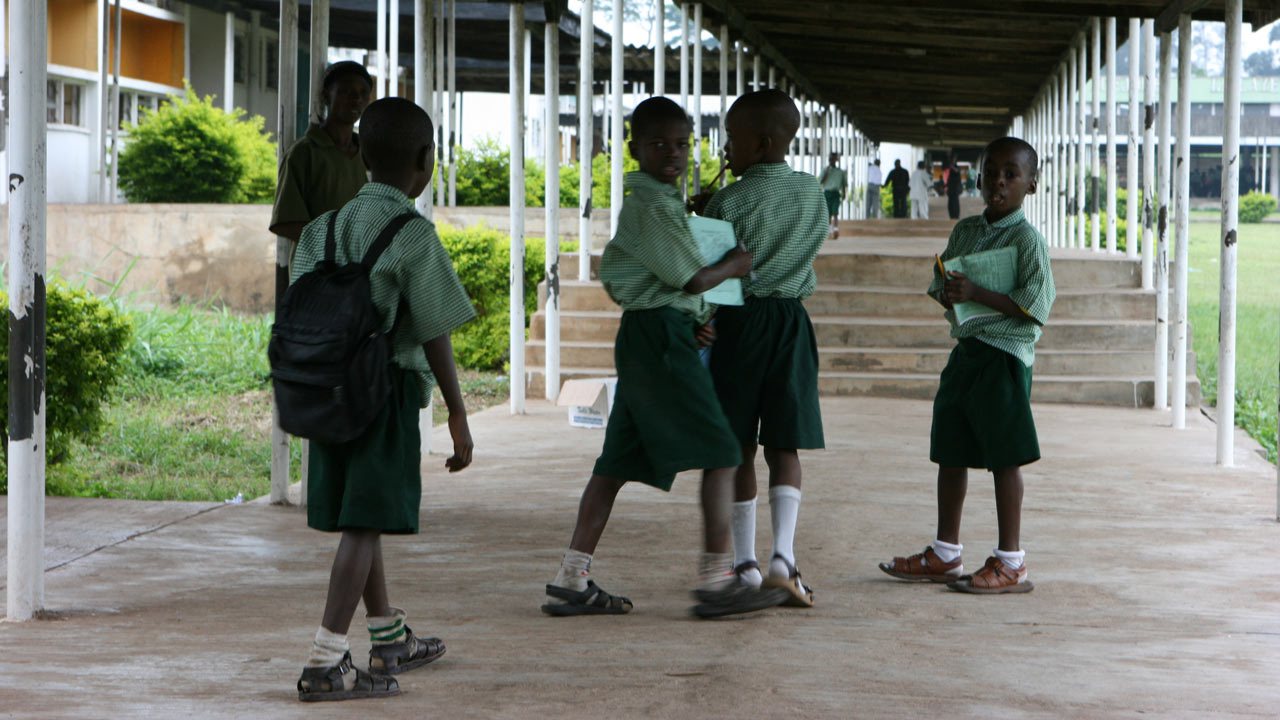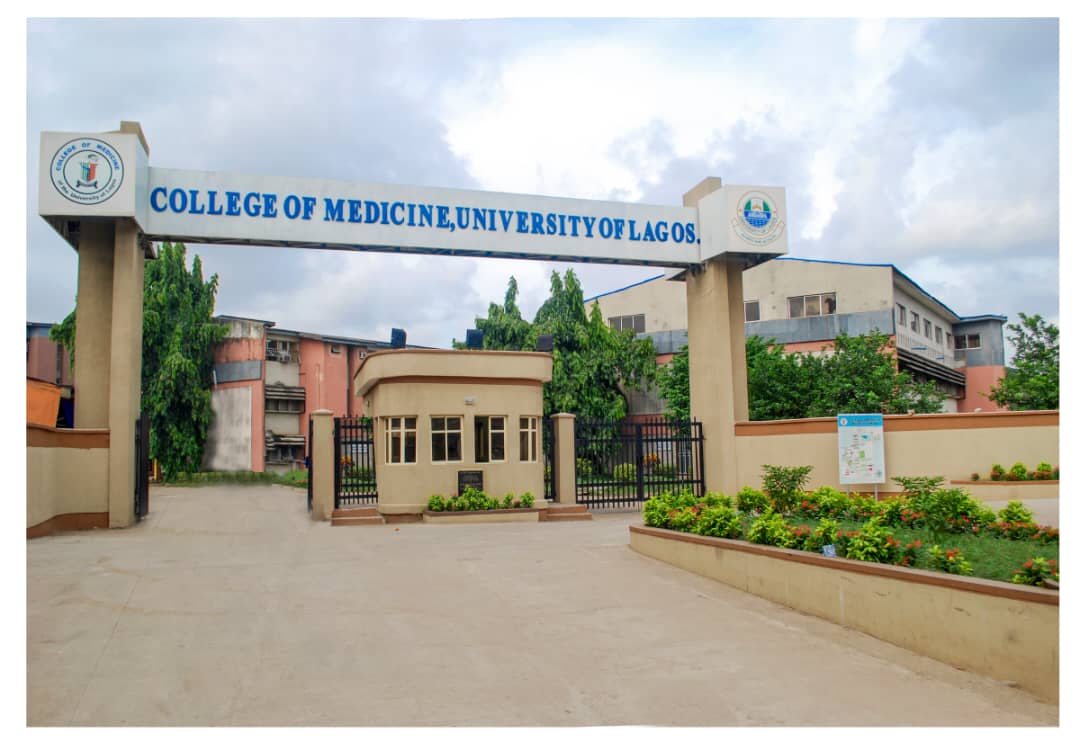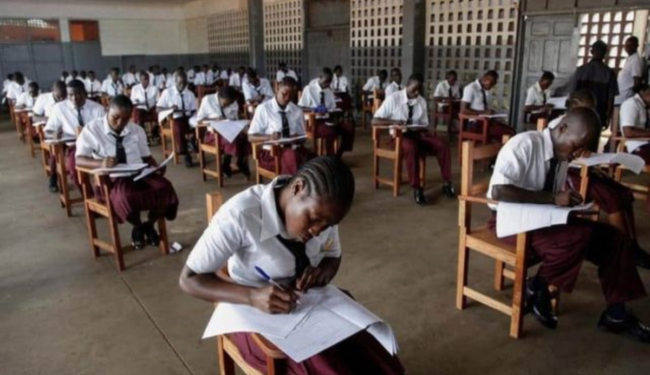
With the confirmation of ministerial nominees by the Senate, stakeholders in the education sector are hopeful that a transformative leader who can address the myriad of challenges confronting the sector will be appointed. IYABO LAWAL reports.
As the nation awaits the appointment of the 47th Minister of Education, stakeholders have called on the new helmsman to declare an emergency in the sector in order to address the various challenges confronting the sector.
Nigeria’s education system is at a crossroads, and a visionary leader is needed to drive the transformational change necessary for its progress. With an increase in the number of out-of-school children to 20 million, according to the United Nations Educational, Scientific and Cultural Organisation (UNESCO), inadequate funding, deplorable infrastructure as well as lack of teaching and learning materials, there is an urgent need for an experienced individual to take charge of the education ministry.
Stakeholders stressed the need to appoint a candidate with genuine passion for education and track record of adding significant value to the sector. Funding is a major challenge confronting the sector and successive governments have failed to address this problem, pitching staff unions in tertiary institutions against the Federal Government over the years.
The new minister must be prepared to advocate increased budgetary allocations to ensure that schools have the necessary resources to provide quality education.
Another critical issue demanding urgent attention is the state of infrastructure in schools. Dilapidated buildings, lack of modern amenities and overcrowded classrooms have hindered the delivery of qualitative education. The minister must prioritise infrastructural development to create an enabling environment for learners.
The incoming minister must come up with measures to tackle the problem of out-of-school children and ensure that every child has access to quality education, irrespective of class or background.
Issues of teacher training and welfare should also be prioritised, according to stakeholders who argued that highly motivated and well-trained educators play a crucial role in shaping the minds of future generations.
The crisis between the Academic Staff Union of Universities (ASUU) and the Federal Government remains unresolved and the new minister has a responsibility to settle it to avert strikes in the sub-sector.
University teachers have described the sector as currently “bleeding” and needs urgent attention to avoid national collapse. The union particularly lamented inadequate funding of the sector and tasked the new minister to ensure that budgetary allocation to education is increased. National President of the union, Prof Emmanuel Osodeke recalled that former minister of education, Mallam Adamu Adamu, confessed that Nigeria was the only country among the D-8 nations that allocates less than 20 per cent of its annual budget to education.
The D–8 Organisation for Economic Cooperation, also known as Developing-8, is an organisation for development co-operation among the following countries: Bangladesh, Egypt, Nigeria, Indonesia, Iran, Malaysia, Pakistan and Turkey.
Osodeke recommended that a new minister of education should be someone that commands respect and audience among policy makers, so they could listen when he speaks.
“In addition, he must have a proven record of competence. I am not referring to paper qualifications, even though it’s important. The person must be grounded in the history and philosophy of education in Nigeria.”
The ASUU leader said Nigeria is yet to get it right in terms of education managers, but he is hopeful that the president will be careful this time to pick someone with requisite knowledge and capacity to drive the needed changes in the sector.
Founder of Ivy Gems School, Ogba, Mrs Agnes Johnson, tasked the president to appoint an educationist rather than a politician who can tackle the problem of defective and outdated curriculum.
Johnson lamented that the curriculum being used in schools is not designed for problem solving. “It is more of reading and passing examinations, and not to equip the students with skills and abilities to solve different human problems.” Johnson said a well-developed curriculum should be able to minimise unemployment.
“I suggest that we adopt the Scandinavian model of education where, at the end of the basic education stage, the academically inclined students would proceed further, while the skilled- inclined would fine-tune their skills and be gainfully employed.
“Another serious problem is ill-equipped teachers. The minister should support opportunities for training and retraining of teachers. She wants education inspectors trained on modern trends in the education system. The minister should also reposition the National Teachers Institute (NTI) to produce well-equipped teachers and not overnight teachers who acquired certificates just to answer professional teachers.
Proliferation of substandard schools at all levels is a major challenge as well. It’s a breeding ground for educated illiterates and its adverse effects are far reaching. The incoming minister and his management team need strong political will to close down these schools. He should work closely with the National Council on Education (NCE) to achieve that since education is on concurrent list. Motivation of teachers and lecturers is important. Modern working tools and a friendly working environment should be provided for them.”
Education consultant, Patrick Adu, wants a minister who can engender good policies that would help improve the standard of education. He also called for the amendment of the Act establishing the Tertiary Education Trust Fund (TETFund) to accommodate the interest of private universities.
He said: “The bulk of education tax comes from the private sector. So, it is expected that some of it is passed to the private universities. An official of the National Association of Proprietors of Private Schools (NAPPS) in Oyo State, Akin Olukoga, said: “A round peg in a round hole, or a square peg in a square hole would mean appointing an educationist who has sufficient understanding of current realities, and had also made definite impact in the functional education sector.
“We cannot afford to keep toying with our future by appointing someone that knows next to nothing about functional education as minister. Olukoga advised the new minister of education to champion a campaign for functional education.
“He should also set out a roadmap to deal with examination malpractices, underage admissions, and make Nigeria’s education system unambiguous for all to operate.”
He also suggested that the new minister should put up clear guidance to identify and support innovative and creative prodigies, discourage brain drain in terms of going to school abroad without a definite plan to repatriate the knowledge back home.
Olukoga highlighted the importance of giving indigenous schools a desired lift through promotion of scholastic activities, showcase of impactful research, and make public schools more competitive and standard enough to attract patronage.
The National Association of Nigerian Students (NANS), zone D, tasked the new minister to introduce new ways of tackling the problem of out-of-school challenge and increase the budget to provide basic infrastructure across schools in the country.
The coordinator of Yemi Akinrefon, urged the incoming education minister to look into the issue of fees and proffer solutions to incessant strikes by university teachers.
“Another area is the budget. He should work on a concise budget because education and health always have the lowest budgets in Nigeria. So we want the next minister to prioritise this.
“In the area of security, Akinrefon said there should be more efforts to provide adequate security in schools, especially in crisis areas.”
“The new minister must engage with all relevant stakeholders, including students, parents, teachers, and education experts, to formulate holistic and sustainable policies capable of addressing the multifaceted challenges in the sector.
“As Nigeria stands at a critical juncture in its educational journey, the new minister carries the responsibility of shaping the future. By heeding the collective expectations of concerned stakeholders and implementing transformative reforms, the incoming minister has the potential to create a lasting legacy of progress and prosperity for generations to come,” Olukoga added.






